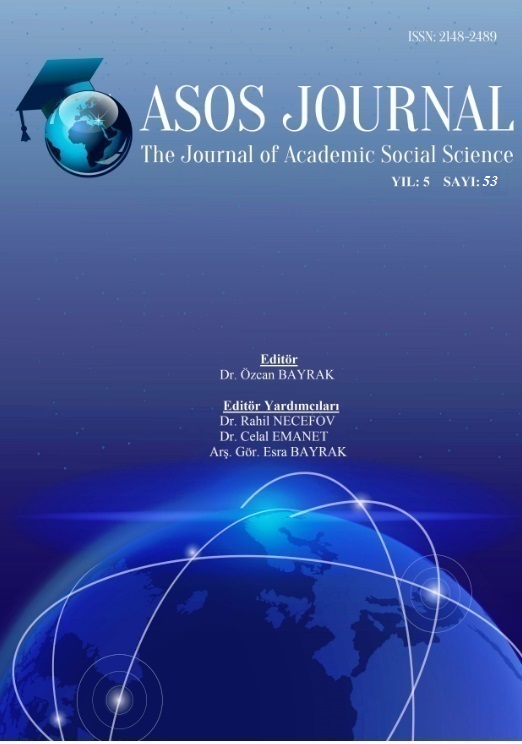Author :
Abstract
E-Devlet, günümüzde kamu yönetiminde yükselişe geçmiş olgulardan biridir. Türkiye artık bir tercih olmaktan çıkan bu olguya kayıtsız kalamamış ve özellikle 2000’li yıllardan itibaren Avrupa Birliğine uyum sürecinin de etkisiyle e-devlet proje ve uygulamalarına hız vermiştir. Bununla birlikte, e-devlet sadece teknik değil, sosyolojik ve psikolojik bir olgudur. E-Devletin başarısı için sarf edilen bu çok boyutlu çabaların sonuç vermesi ve büyük yatırımlar yapılan e-devlet projelerinden arzu edilen sonuçların alınabilmesi için e-devletin kullanıcılar tarafından benimsenmesi gerekmektedir. Bu bağlamda, bu çalışmanın amacı, Bursa Büyükşehir Belediyesi örneği bağlamında, Birleştirilmiş Teknoloji Kabul ve Kullanım Teorisi (BTKKT) ölçeğinden yararlanarak, Türkiye’de vatandaşların e-devleti benimsemesi üzerinde etkili olan faktörleri analiz etmektir. Ampirik araştırmanın bulgularına göre, performans beklentisi, çaba beklentisi ve sosyal etki faktörlerinin vatandaşların ve yöneticilerin e-devleti kullanmaya yönelik davranışsal niyetleri üzerinde herhangi bir anlamlı etkisi bulunmamaktadır. Yine, e-devleti kullanmaya yönelik davranışsal niyet ile kullanım davranışı arasında anlamlı bir ilişki bulunmamaktadır. Bununla birlikte, kolaylaştırıcı koşullar faktörü vatandaşların e-devleti kullanım davranışı üzerinde pozitif ve anlamlı bir etkiye sahiptir.
Keywords
Abstract
Today, e-government is becoming an increasingly important phenomenon in public administration. Turkey has not been indifferent to this phenomenon which is no longer an option; and with the impact of European Union accession period especially since 2000s, Turkey has accelerated the e-government projects and applications. Nonetheless, the e-government phenomenon is not only technical but also sociological and psychological one as well. In order to get the desired results from the multi-dimensional efforts for successful implementation of e-government and from big investments on e-government projects, the e-government should be adopted by its users. Within this context, the aim of this study is, with the help of Unified Theory of Acceptance and Use of Technology (UTAUT), to analyze the factors effective on the adoption of the e-government by the citizens in Turkey in the case of Bursa Metropolitan Municipality. According to the results of the empirical research, performance expectancy, effort expectancy and social influence had no significant effect on citizens’ behavioral intention to use the e-government. Moreover, there was no significant relationship between the behavioral intention and usage behavior to use the e-government for the citizens. However, the facilitating conditions factor had a positive and significant impact on the e-government usage behavior of the citizens.





